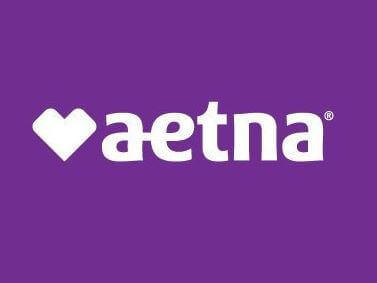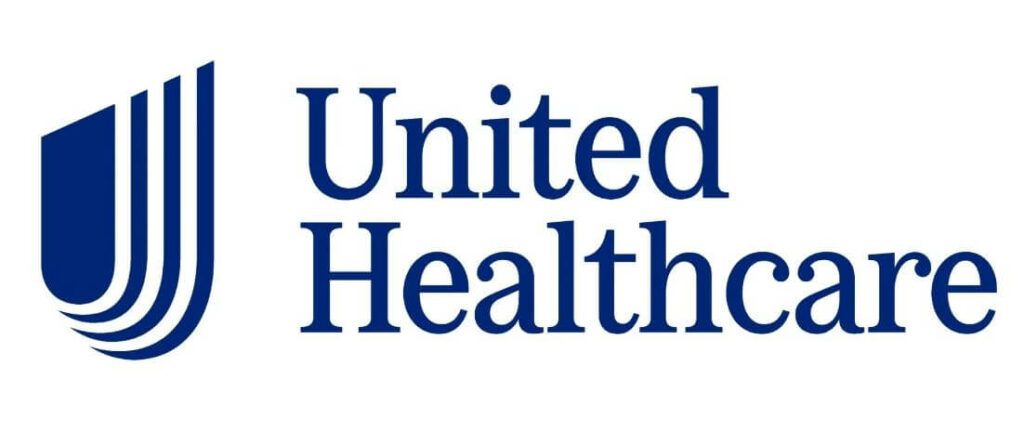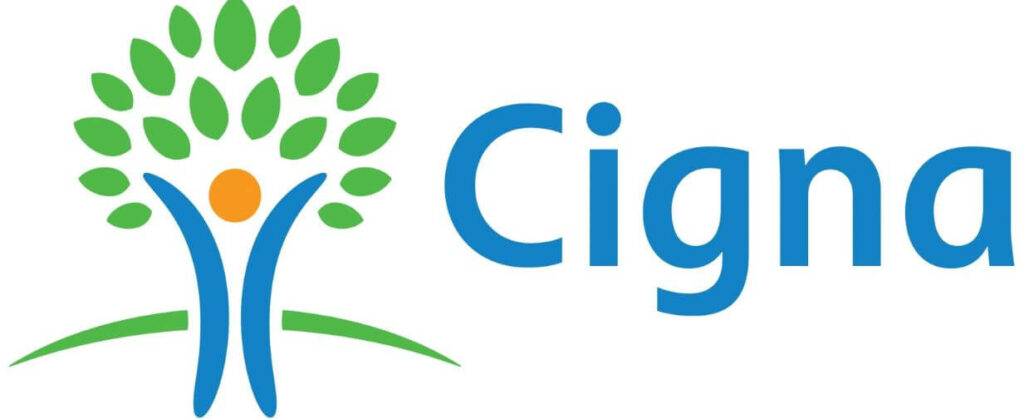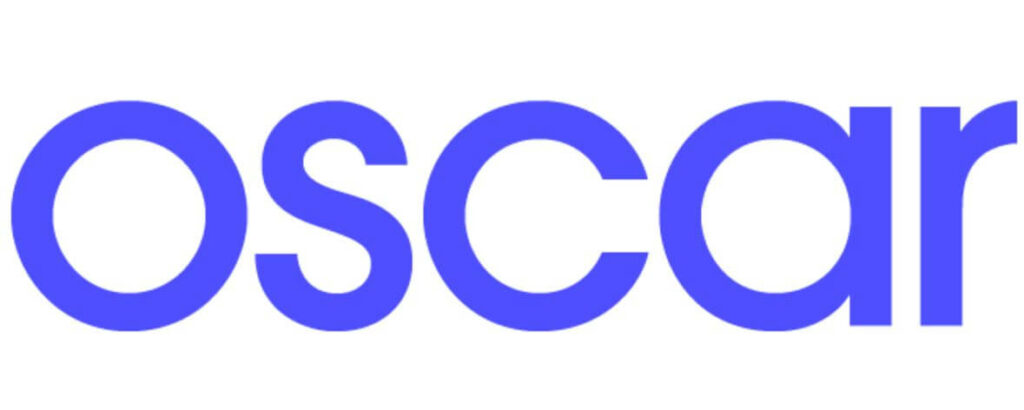Blue Cross Blue Shield of Georgia offers a wide range of comprehensive healthcare plans, including health, dental, vision, and term life insurance for individuals and families.
The company is dedicated to delivering better care, providing greater value to patients, and improving the health of local communities.
Blue Cross Blue Shield of Georgia aims to improve the lives of its members and the health of the communities it serves, offering options and flexibility to meet healthcare needs.
The insurance plans are constantly refined to improve access to affordable, high-quality healthcare coverage, making Blue Cross Blue Shield Georgia one of the best health insurance options in Georgia.

Kaiser Permanente
Kaiser Permanente is an integrated healthcare system, meaning it provides health insurance coverage and also delivers healthcare services through its network of hospitals, clinics, and doctors.

Here are some of the benefits of having Kaiser Permanente health insurance:
- Integrated care: Kaiser Permanente doctors, hospitals, and clinics all work together to provide you with coordinated care. This means that your doctors have access to your complete medical history, which can help them provide better care.
- Preventive care: Kaiser Permanente emphasizes preventive care and offers a variety of preventive care services, such as immunizations, cancer screenings, and health screenings.
- Convenience: Kaiser Permanente has a large network of hospitals, clinics, and doctors, so you can usually find care close to home. They also offer online appointment scheduling and telehealth services.
- Affordability: Kaiser Permanente plans are generally considered to be affordable, and they offer a variety of plans to fit different budgets.
However, there are also some potential drawbacks to consider:
- Limited network: Kaiser Permanente only has a network of providers in certain areas. If you live outside of their service area, you may have difficulty finding care.
- Cost: Kaiser Permanente plans can be more expensive than some other health insurance plans.
- Wait times: Some people report experiencing long wait times for appointments at Kaiser Permanente facilities.
Overall, Kaiser Permanente is a good option for people who are looking for an integrated healthcare system that offers preventive care and convenience.
However, it is important to consider the potential drawbacks before making a decision.
Aetna
Aetna is a large, established health insurance company that offers a variety of plans for individuals, families, and employers.
They have a nationwide network of providers, and their plans generally receive good ratings for quality and customer service.

Here are some of the benefits of having Aetna health insurance:
- Network: Aetna has a large network of providers, so you are likely to find in-network care in your area.
- Quality: Aetna plans generally receive good ratings for quality of care.
- Customer service: Aetna also receives good ratings for customer service.
- Variety of plans: Aetna offers a variety of plans to fit different needs and budgets.
- Preventive care: Aetna covers many preventive care services, such as immunizations, cancer screenings, and health screenings.
However, there are also some potential drawbacks to consider:
- Cost: Aetna plans can be more expensive than some other health insurance plans.
- Deductibles and copays: Aetna plans typically have higher deductibles and copays than some other plans.
- Out-of-network coverage: Out-of-network coverage can be expensive with Aetna plans.
Overall, Aetna is a good option for people who are looking for a large, established health insurance company with a good reputation for quality and customer service.
However, it is important to consider the potential drawbacks, such as cost and out-of-network coverage, before making a decision.
UnitedHealthcare
UnitedHealthcare is one of the largest health insurance companies in the United States, offering a variety of individual and family plans, as well as Medicare and Medicaid plans.
They have a large network of providers and generally receive good ratings for quality and customer service.

Here are some of the benefits of having UnitedHealthcare health insurance:
- Network: UnitedHealthcare has a large network of providers, so you are likely to find in-network care in your area.
- Quality: UnitedHealthcare plans generally receive good ratings for quality of care.
- Customer service: UnitedHealthcare also receives good ratings for customer service.
- Variety of plans: UnitedHealthcare offers a variety of plans to fit different needs and budgets.
- Preventive care: UnitedHealthcare covers many preventive care services, such as immunizations, cancer screenings, and health screenings.
However, there are also some potential drawbacks to consider:
- Cost: UnitedHealthcare plans can be more expensive than some other health insurance plans.
- Deductibles and copays: UnitedHealthcare plans typically have higher deductibles and copays than some other plans.
- Out-of-network coverage: Out-of-network coverage can be expensive with UnitedHealthcare plans.
Overall, UnitedHealthcare is a good option for people who are looking for a large, established health insurance company with a good reputation for quality and customer service.
However, it is important to consider the potential drawbacks, such as cost and out-of-network coverage, before making a decision.
Cigna
Cigna is a global health insurance company offering a wide range of health insurance plans for individuals, families, and employers.
They are known for their large network of providers and focus on preventive care and customer service.

Here are some of the benefits of having Cigna health insurance:
- Network: Cigna has a large network of providers, so you are likely to find in-network care in your area.
- Preventive care: Cigna covers many preventive care services, such as immunizations, cancer screenings, and health screenings, often with $0 copays or deductibles.
- Affordability: Cigna offers a variety of plans to fit different needs and budgets. They also have programs to help make their plans more affordable, such as Health Savings Accounts (HSAs).
- Virtual care: Cigna offers $0 virtual urgent care for minor acute medical conditions and $0 virtual care for eligible preventive care services.
- Digital tools: Cigna offers a variety of digital tools to help you manage your health, such as their myCigna app, which allows you to view claims, find providers, and more.
However, there are also some potential drawbacks to consider:
- Cost: Cigna plans can be more expensive than some other health insurance plans, especially if you choose a plan with a lower deductible or out-of-pocket maximum.
- Out-of-network coverage: Out-of-network coverage can be expensive with Cigna plans.
- Availability: Cigna is not available in all states.
Overall, Cigna is a good option for people who are looking for a health insurance company with a large network, a focus on preventive care, and good customer service.
However, it is important to consider the potential drawbacks, such as cost and out-of-network coverage, before making a decision.
Oscar
Oscar health insurance is a relatively new company founded in 2012, but it has quickly gained a reputation for its innovative approach to health insurance.
They offer a variety of plans for individuals and families in 20 states, with a focus on technology and affordability.

Here are some of the benefits of having Oscar health insurance:
- Technology-driven: Oscar uses a lot of technology to make it easy for members to manage their health insurance. They have a user-friendly app and website that allows members to see their claims, find providers, and message their care team.
- Transparent pricing: Oscar offers clear and upfront pricing for their plans, with no hidden fees. They also offer a variety of tools to help members estimate their costs before they enroll.
- 24/7 care team: Oscar members have access to a 24/7 care team of nurses and doctors who can answer questions, provide guidance, and help coordinate care.
- Focus on preventive care: Oscar covers a wide range of preventive care services, such as immunizations, cancer screenings, and health screenings, often with $0 copays or deductibles.
- Virtual care: Oscar offers $0 virtual urgent care for minor acute medical conditions and $0 virtual care for eligible preventive care services.
However, there are also some potential drawbacks to consider:
- Limited network: Oscar’s network of providers is smaller than some other insurance companies, so you may not be able to find an in-network provider in your area.
- Availability: Oscar is not available in all states.
- Cost: Oscar plans can be more expensive than some other health insurance plans, especially if you choose a plan with a lower deductible or out-of-pocket maximum.
Overall, Oscar health insurance is a good option for people who are looking for a technology-driven, transparent, and affordable health insurance plan.
However, it is important to consider the potential drawbacks, such as limited network and availability, before making a decision.
Anthem
Anthem Blue Cross Blue Shield is a well-known health insurance provider offering a variety of individual and family plans, as well as Medicare and Medicaid plans.
They have a large network of providers across the country and generally receive good ratings for quality and customer service.

Here are some of the benefits of having Anthem health insurance:
- Network: Anthem has a large network of providers, so you are likely to find in-network care in your area. This means that you will pay less for covered services when you see an in-network provider.
- Quality: Anthem plans generally receive good ratings for quality of care. This means that you can be confident that you will receive good care from in-network providers.
- Customer service: Anthem also receives good ratings for customer service. This means that you can expect to get help from customer service representatives who are knowledgeable and helpful.
- Variety of plans: Anthem offers a variety of plans to fit different needs and budgets. This means that you can find a plan that is right for you, whether you are looking for a basic plan with low premiums or a more comprehensive plan with higher premiums.
- Preventive care: Anthem covers many preventive care services, such as immunizations, cancer screenings, and health screenings. This can help you stay healthy and avoid preventable health problems.
However, there are also some potential drawbacks to consider:
- Cost: Anthem plans can be more expensive than some other health insurance plans, especially if you choose a plan with a lower deductible or out-of-pocket maximum. A deductible is the amount of money you have to pay for covered services each year before your insurance starts to pay. An out-of-pocket maximum is the most you will have to pay for covered services in a year, including your deductible, copays, and coinsurance.
- Deductibles and copays: Anthem plans typically have higher deductibles and copays than some other plans. A copay is a fixed amount that you pay for each covered service, such as a doctor’s visit or prescription drug. Coinsurance is a percentage of the cost of a covered service that you pay after you meet your deductible.
- Out-of-network coverage: Out-of-network coverage can be expensive with Anthem plans. This means that you will pay more for covered services if you see an out-of-network provider.
Overall, Anthem health insurance is a good option for people who are looking for a large, established health insurance company with a good reputation for quality and customer service.
However, it is important to consider the potential drawbacks, such as cost and out-of-network coverage, before making a decision.
CareSource
CareSource is a non-profit, community-based health insurance company that provides coverage to people in Georgia, Kentucky, Ohio, West Virginia, and Indiana. They offer a variety of plans, including:

- Medicaid: If you have a low income, CareSource offers Medicaid plans that cover a wide range of healthcare services, including doctor visits, hospital stays, prescriptions, and more.
- Marketplace: If you don’t qualify for Medicaid and don’t have employer-sponsored insurance, you can purchase a plan on the Health Insurance Marketplace. CareSource offers a variety of Marketplace plans to fit different needs and budgets.
- Medicare Advantage: If you are eligible for Medicare, CareSource offers Medicare Advantage plans that combine Part A (hospital coverage), Part B (medical coverage), and Part D (prescription drug coverage) into one plan.
Benefits of CareSource health insurance:
- Affordability: CareSource plans are generally considered to be affordable, especially their Medicaid plans. They also offer a variety of ways to save money, such as discounts for healthy behaviors and wellness programs.
- Network: CareSource has a large network of providers, so you are likely to find in-network care in your area.
- Customer service: CareSource has a good reputation for customer service.
Drawbacks of CareSource health insurance:
- Limited availability: CareSource is not available in all states.
- Out-of-network coverage: Out-of-network coverage can be expensive with CareSource plans.
- Wait times: Some people report experiencing long wait times for appointments at CareSource facilities.
Overall, CareSource is a good option for people who are looking for affordable health insurance with a large network of providers.
However, it is important to consider the potential drawbacks, such as limited availability and out-of-network coverage, before making a decision.










